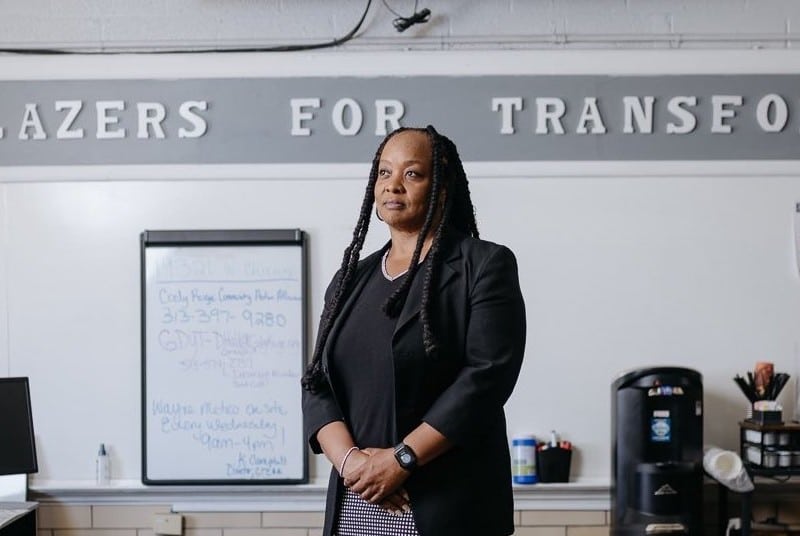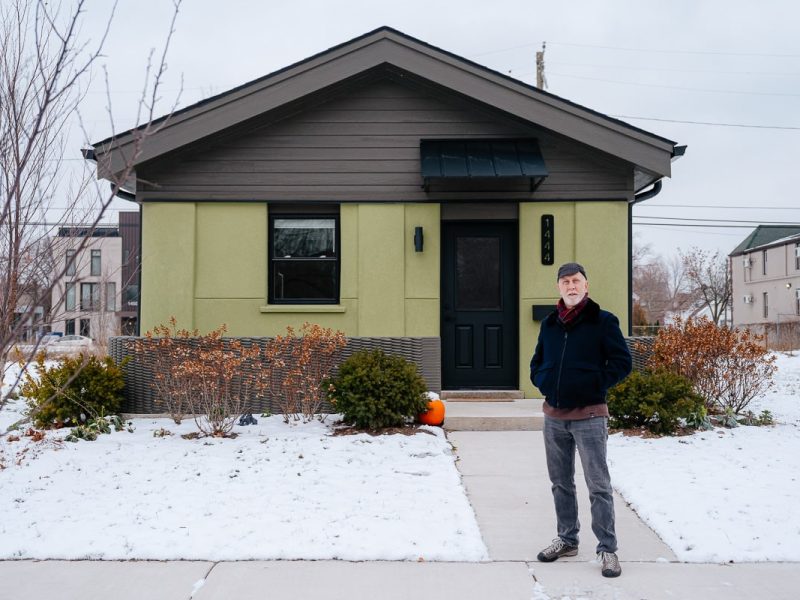Digitizing Detroit’s history at the Burton Historical Collection
One of the state’s largest repositories for manuscripts, the Burton Historical Collection is a treasure trove for Detroit historical explorers. The collection dates back to the city’s founding in the late 17th century, and includes 12 million pieces of information. Every historical record for the City of Detroit and Wayne County is stored at the Burton, located beneath the Detroit Public Library, as well as personal collections donated by the likes of Samuel Clemens (Mark Twain), Ernie Harwell, and Laura Ingalls Wilder.
Until now, sifting through the Burton’s extensive holdings was something of a daunting mission. There was no available index to let researchers, genealogists and history buffs even know what was in those archives. Out-of-town sleuths best hope of discovering that 300-year-old historical map or City Council record from the 18th century was to show up, in person, and get to work.
All this changed with the production of the Burton’s new digital index, a project that brought together federal, state and private groups together to digitize every one of the Collection’s holdings, available online for perusal (note: the index is available online, but the papers themselves still must be viewed in person).
The partnership utilized matching grants provided by the Friends of the Detroit Public Library and the National Historic Public Records Commission; aid from Michigan state archivist Mark Harvey; and archival support from Wayne State’s archivist program, which provided students for the hard work of cataloging through the Michigan History Foundation in Lansing.
“We had the expertise and the students; that was critical,” Merritt says. “Staff resources are extremely slim, but it got us students who were able to work on first-rate collections and we had faculty members who were just as anxious.”
Who’ll benefit most from the digital index? “I would think anyone interested in Michigan history: genealogists, people that want to find connections between the lumber industry and the Upper Peninsula and what happened in Detroit,” Merritt says. “Transportation; it has so many socio-economic interests that any historian trying to understanding American history and Michigan’s contribution would find this fascinating.”
And word has spread — Merritt reports visits to the Burton Historical Collection have increased by 56 percent already this year.
Source: Patrice Merritt, executive director, Friends of the Detroit Public Library
Writer: Ashley C. Woods





